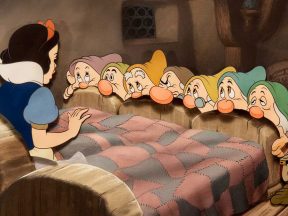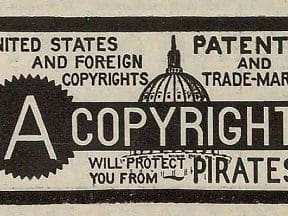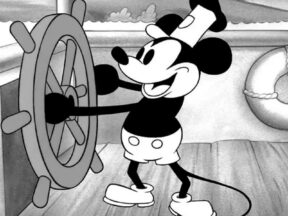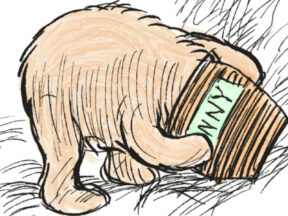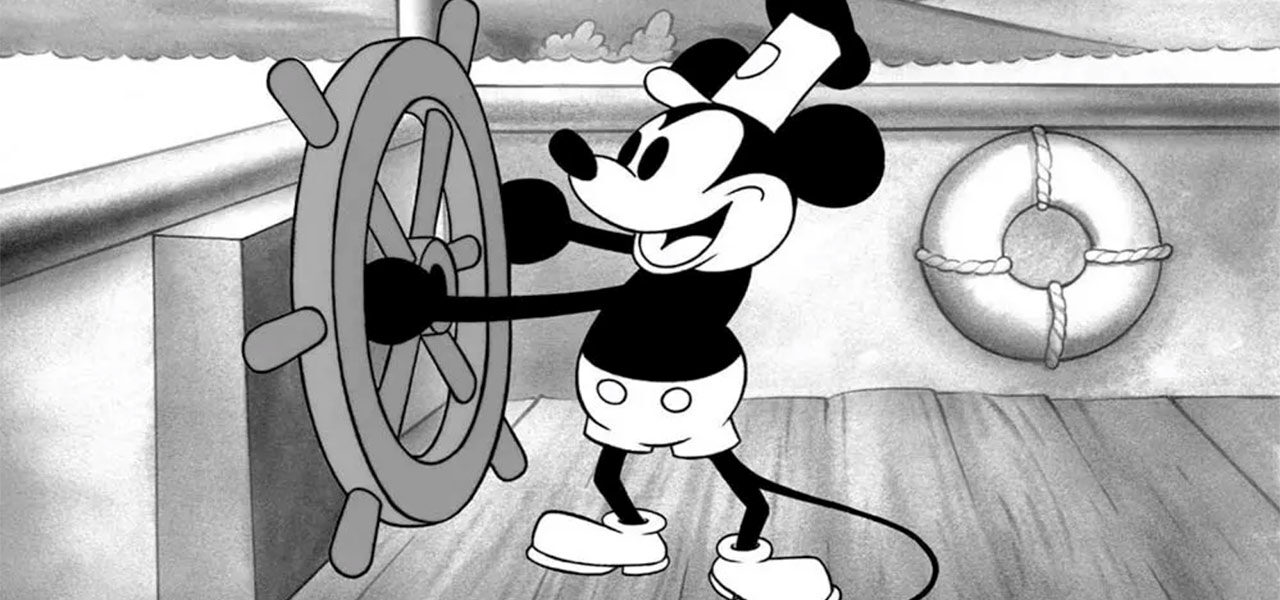
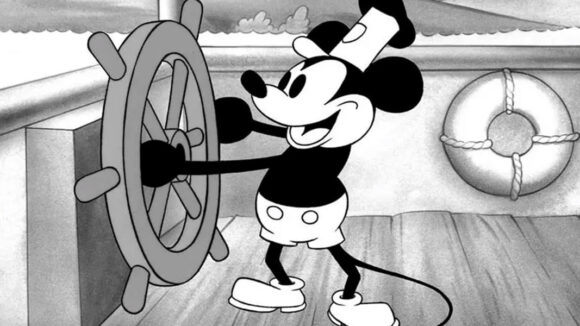
What Happens When ‘Steamboat Willie’ Hits The Public Domain In 2024?
Disney’s 1928 animated short Steamboat Willie will enter the public domain in 2024, meaning that the company is going to lose its copyright protection to the earliest iteration of Micky Mouse himself.
What exactly is Disney set to lose? The only copyright that is expiring is to the original, eight-minute-long Steamboat Willie short. 1928 Mickey (seen above) didn’t speak, had solid black eyes with no pupils, and had long, skinny appendages with no gloves on his hands. All subsequent versions of the mouse will still be protected by existing copyrights, including the more familiar, vocal, and colorized Mickey that most people are familiar with today.
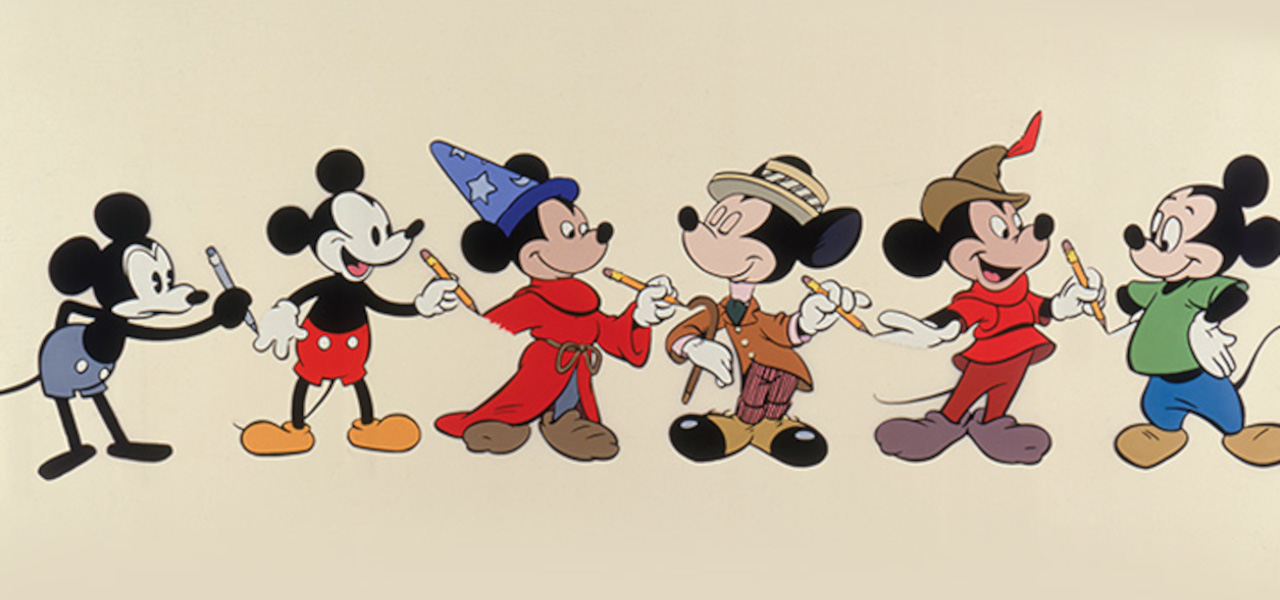
What does that mean for Mickey and the Steamboat Willie short? After expiration, anyone will be able to screen the original short without permission from Disney. It can also be sold by third parties, although Disney has already made the film free online, so sales will likely be minimal. The film and its characters can also be used by anyone wishing to feature the characters in original stories or artwork.
The Catch: Disney can and almost certainly will still be very protective of the Mickey Mouse character, as it still owns the trademark. A trademark can be renewed indefinitely and is meant to prevent marketplace confusion. What that means is that any public-domain use of the Steamboat Willie characters cannot be perceived as coming from the trademark holder, in this case, Disney. In any case where there is a possibility that consumers could assume that Disney is behind the use, expect the company to act.
A Parallel: It was big news this year when A.A. Milne’s original Winnie-the-Pooh book hit the public domain. Since then, a blood-soaked slasher flick was announced and an animated feature and series are in development. The catch here is that those productions are based on the book and not Disney’s adaptation of the book. It’s obvious that Disney wouldn’t produce a live-action horror movie with one of its more popular children’s characters, and the animated film and series are being developed as prequels with a new art style that producers say will surprise fans of the character.
Historical Context: When Steamboat Willie was released, copyright law protected Disney’s ownership of the character for up to 56 years (28 years with a 28-year extension). However, as that period came to an end, Disney lobbied hard in favor of reforming those laws and eventually got the Copyright Act of 1976 passed. A couple of decades later, the company was again able to delay Mickey’s move into the public domain through the Copyright Term Extension Act of 1998, which is sometimes mockingly referred to as the Mickey Mouse Protection Act. That extension is due to lapse in 2024.
What Disney says:
Ever since Mickey Mouse’s first appearance in the 1928 short film Steamboat Willie, people have associated the character with Disney’s stories, experiences, and authentic products. That will not change when the copyright in the Steamboat Willie film expires. We will, of course, continue to protect our rights in the more modern versions of Mickey Mouse and other works that remain subject to copyright, and we will work to safeguard against consumer confusion caused by unauthorized uses of Mickey and our other iconic characters.

